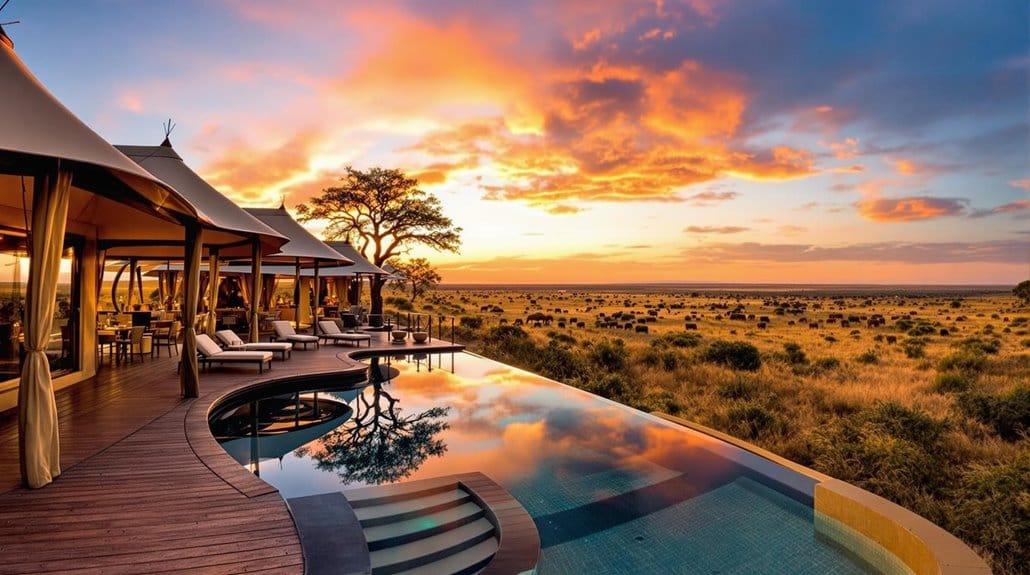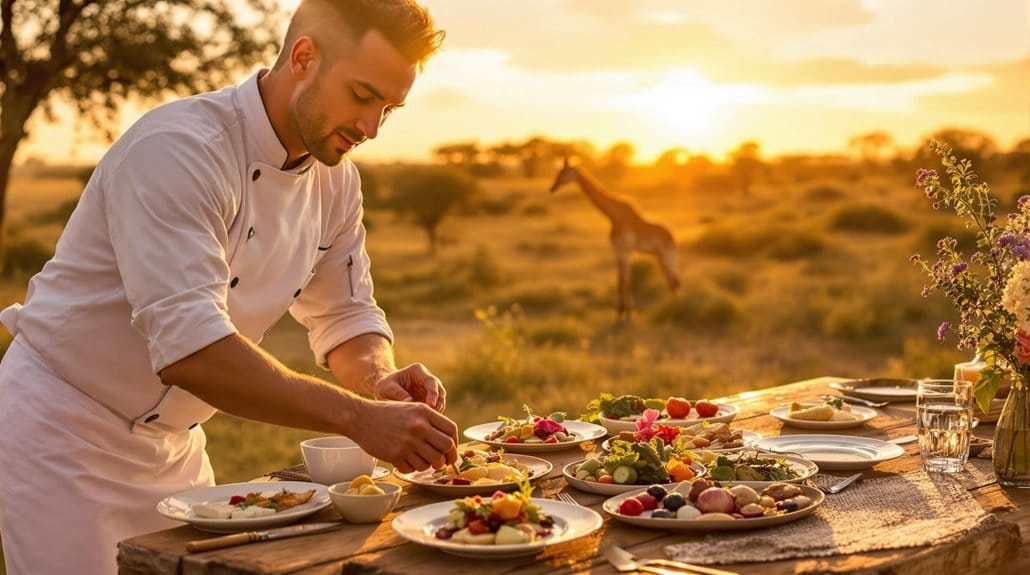
Bask in the unparalleled luxury of Kenya’s exclusive safari camps and lodges, where extraordinary experiences await you at every turn.

Get ready to savor Kenya’s unique culinary delights with private chefs and gourmet safari dining, where unforgettable flavors and breathtaking

With an array of exquisite dining options, discover the top luxury restaurants in Nairobi that promise an unforgettable culinary experience

Charlotte, NC 28278
United States
Email: [email protected]
Phone: +1 (704) 491-3363
Be the first to discover exclusive travel experiences, insider tips, and special offers. Sign up for our newsletter and stay inspired for your next adventure!
*Prices shown are per person, exclude airfare, and assume double occupancy accommodation on selected dates. Rates shown are valid only during your current browsing session—connect with Afritage Travel Group for the latest pricing and availability.
Afritage Travel Group LLC
Copyright © 2025. All rights reserved